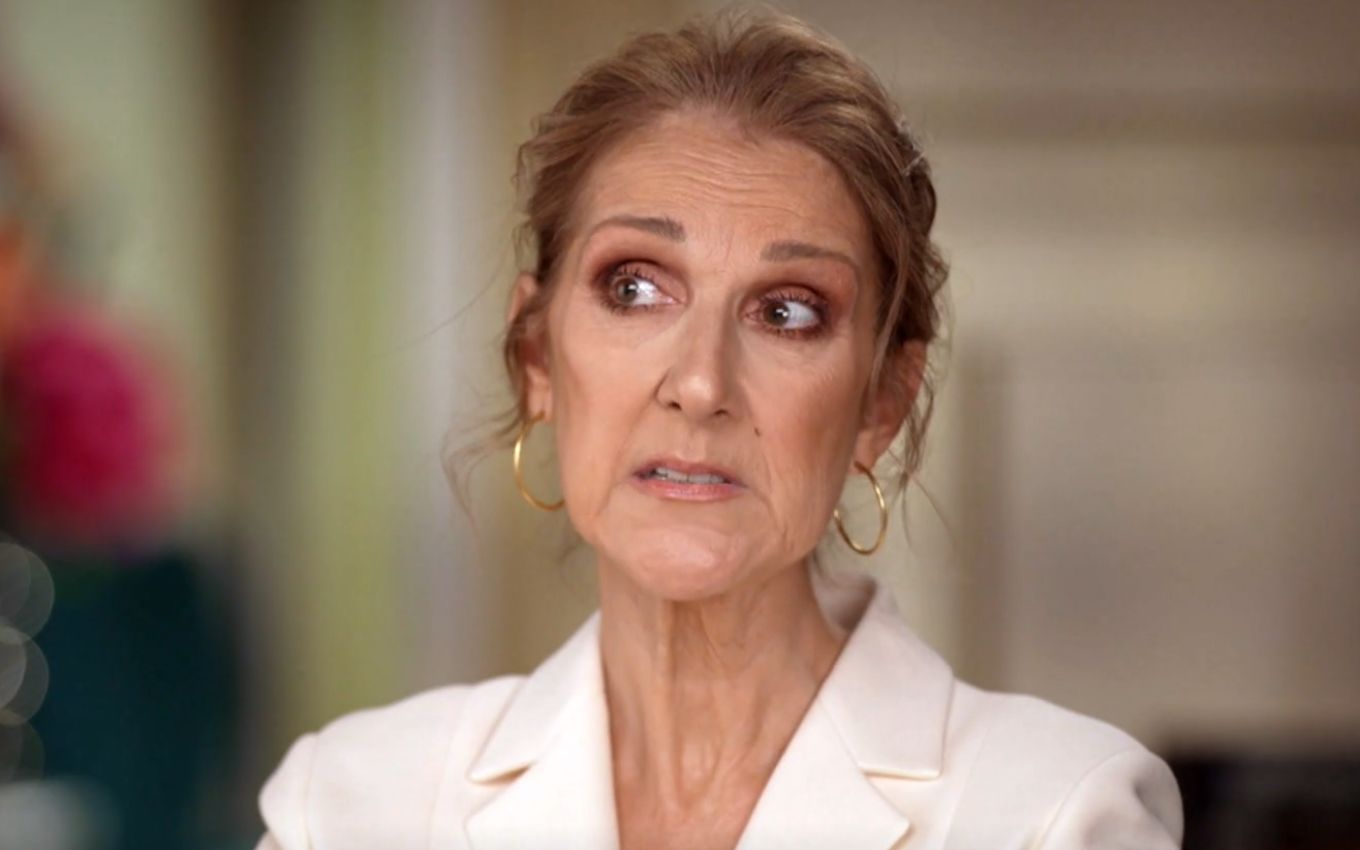From “Stranger Things” to “The Hunger Games”: cases like that of a Brazilian comic artist who accuses the creators of the Netflix series “1899” of plagiarism are recurrent. Shortly after the premiere of the new Netflix series 1899, Brazilian comic artist Mary Cagnin was already causing a stir on the networks, when she claimed that several parts of the production had been stolen from one of her comics. “I AM IN SHOCK,” Cagnin wrote in bold letters on Twitter. She referred to the 1899 series as “simply identical” to the comic book Black Silence, her work published in 2016. As similarities she cited “the black pyramid”, “the ship/vessel”, “the multinational crew”, raising the hypothesis that the creators of the series discovered their work at an international book fair. He wrote then that there are “countless cases of gringos copying us”, whether in films, series or songs, evoking above all the cinematographic success As Aventuras de Pi. And indeed, the Canadian writer Yann Martel, whose book became a successful film version, admitted that he was inspired by a review of Moacyr Scliar’s book Max et les felins. Baran Bo Odar and Jantje Friese, creators of 1899 and the acclaimed Dark series, say they are unfairly accused and deny knowing the Brazilian or even her work. And they emphasize that they would never steal from other artists, since they consider themselves artists. The case is now in the hands of the lawyers. Stranger Things: Reminiscent of ET and the Goonies The hit series Stranger Things is strongly reminiscent of 80s adventure films like Steven Spielberg’s The Goonies and ET or the coming-of-age drama Stand By Me, based on a Stephen King story. But neither Spielberg nor King went to complain in any way to Ross and Matt Duffer, the creators of Stranger Things. This fell on a relatively unknown filmmaker named Charlie Kessler. In his short film Montauk, he tells the story of a boy who disappears without a trace, against the backdrop of paranormal events in a small town that is near a mysterious military installation. Kessler says he discussed his film with the Duffer twins backstage at the Tribeca Film Festival in New York, but no partnership ever materialized. Two years later, Netflix released Stranger Things – a story about the disappearance of a young boy against the backdrop of paranormal events in a small town near a mysterious military installation. It wasn’t until the series was successful that Kessler went public with accusations of plagiarism. The Duffer brothers entrusted everything to a lawyer. The verdict: The lawsuit against them was nothing more than an attempt to take advantage of the creativity and hard work of others. From Hunger Games to Round 6 A few months ago, director Quentin Tarantino said on an American television show that he considered the Hunger Games film series to be a copy of the Japanese Battle Royale film. This was nothing new for Suzanne Collins, author of The Hunger Games. Throughout her career, she was repeatedly accused of stealing the idea for her books. She would have copied, for example, the writer Stephen King, who in his book The Competitor (1982) speaks of a father who participates in a murderous game show in order to pay for the medicine of his seriously ill daughter. The story was filmed in 1987 under the title The Survivor, with Arnold Schwarzenegger. Whether it’s Battle Royale, The Hunger Games or The Survivor, in all of these dystopias people clash and fight for survival to the delight of a perverted audience. The most recent example is the Korean mega hit Round 6. The series is rumored to have been copied from the 2014 Japanese horror film As The Gods Will. Yes, children’s games are also played here, and losers have to die. But the whole story is completely different: in Round 6, heavily indebted adults voluntarily participate in the games in the race for billions. As The Gods Will is set in a Japanese school and children are forced to participate in deadly games. Who had the idea first? In fact, you can’t accuse Round 6 director Hwang Dong-hyuk of plagiarism because he had been trying to sell his story since 2008 – until Netflix came along. Whether in songs, stories or movies, accusations of plagiarism are common. It is not easy to prove who had an idea first or even that an idea was stolen. After all, it’s not entirely impossible that two people out of a world population of 8 billion have similar thoughts, tunes, or even stories in their heads. This is why lawsuits for plagiarism rarely end up in court, especially in the case of films that involve the creativity of many people and whose creation process is long. Not to mention that big movie studios or big production companies have whole armies of good lawyers and lots of money to be able to win such lawsuits. Debate on the network On Twitter and Instagram, the creators of 1899 have been the target of a veritable shitstorm from the fans of the Brazilian cartoonist. Following the thread of the controversial tweet, a great debate began on the scenes, characters or symbols that would have been stolen. On the other hand, fans of 1899 say that the examples mentioned are just common references in the world of science fiction. Baran Bo Odar, one of the creators of 1899, also spoke on Instagram about the network’s uproar, which included personal attacks on him and his wife, series co-writer Jantje Friese. The internet, he says, has become a strange place. Author: Silke Wünsch
Doubts, criticisms and suggestions? Talk to us

“Typical thinker. Unapologetic alcoholaholic. Internet fanatic. Pop culture advocate. Tv junkie.”


:strip_icc()/i.s3.glbimg.com/v1/AUTH_da025474c0c44edd99332dddb09cabe8/internal_photos/bs/2023/D/n/i7eIkcQsAB0YgsWKDQMw/whatsapp-image-2023-03-08-at-10.48.49.jpeg)




:strip_icc()/i.s3.glbimg.com/v1/AUTH_63b422c2caee4269b8b34177e8876b93/internal_photos/bs/2021/T/V/IFkavRRSSjHCBPZfqVXw/ap21313490536644.jpg)